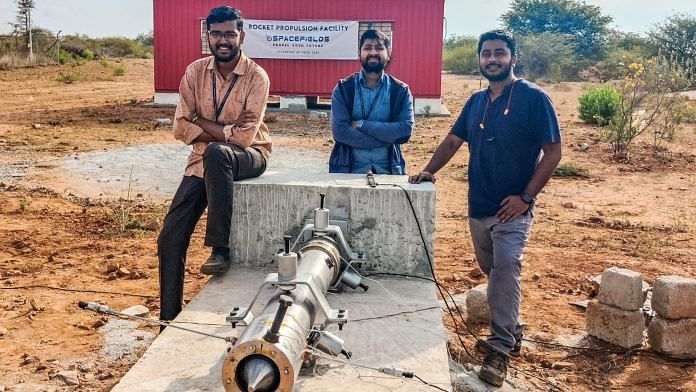Bengaluru: Shah Rukh Khan’s face from Kuch Kuch Hota Hai pops up on the screen. It’s the classroom scene where he delivers the now iconic line: “Pyaar dosti hai…” Violins play in the background, and 15 seconds in, the sample loops seamlessly. But this time it’s in English. With a little help from AI, Khan delivers a perfect translation with the exact emotions, inflections, and pauses. “Love is friendship. If she cannot be my friend, then I can’t fall in love with her.”
Vibhor Saran is ecstatic. The AI model he’s developed can automatically dub media in different accents. At his home office in Bengaluru, he watches the loop carefully on his computer with a proud smile. It still looks like it’s been dubbed, but Saran’s startup Fourie is already working on a video generating AI model that will make it seem like Khan is speaking directly in English—the lips in perfect sync with the words.
This is more than just entertainment; it has the potential to be a game-changer. Fourie is part of a thriving deep-tech ecosystem at the Indian Institute of Science (IISc), Bengaluru, helmed by Foundation for Science, Innovation and Development (FSID) incubation cell. Here, as many as 95 startups are harnessing the power of existing technology like AI, quantum computing, robotics, biotechnology, and delving deep into them to provide solutions in the fields of healthcare, space, agriculture, and more.
Another company, SpaceFields, is custom-building solid propellant rocket engines, and a third is future-proofing micro gas turbines so that they can be used for sustainable fuel like green hydrogen. Baby companies with big ambitions.
These startups work at the intersection of cutting-edge science and engineering to find innovative solutions across sectors. Deep tech today in India is where software engineering was in the early 1990s in the country — full of promises, resources and burgeoning research. FSID has produced numerous successes such as Bellatrix Aerospace, one of the earliest companies to sign development contracts and MoUs with ISRO. And under the care of the incubator, the baby companies are biting at the bit hoping to change the world.
Deep tech innovation hubs are currently in wealthier economies such as the UK, Israel, China, Japan, and South Korea. It is evolving in India, but the pace will be different because the Indian market is different
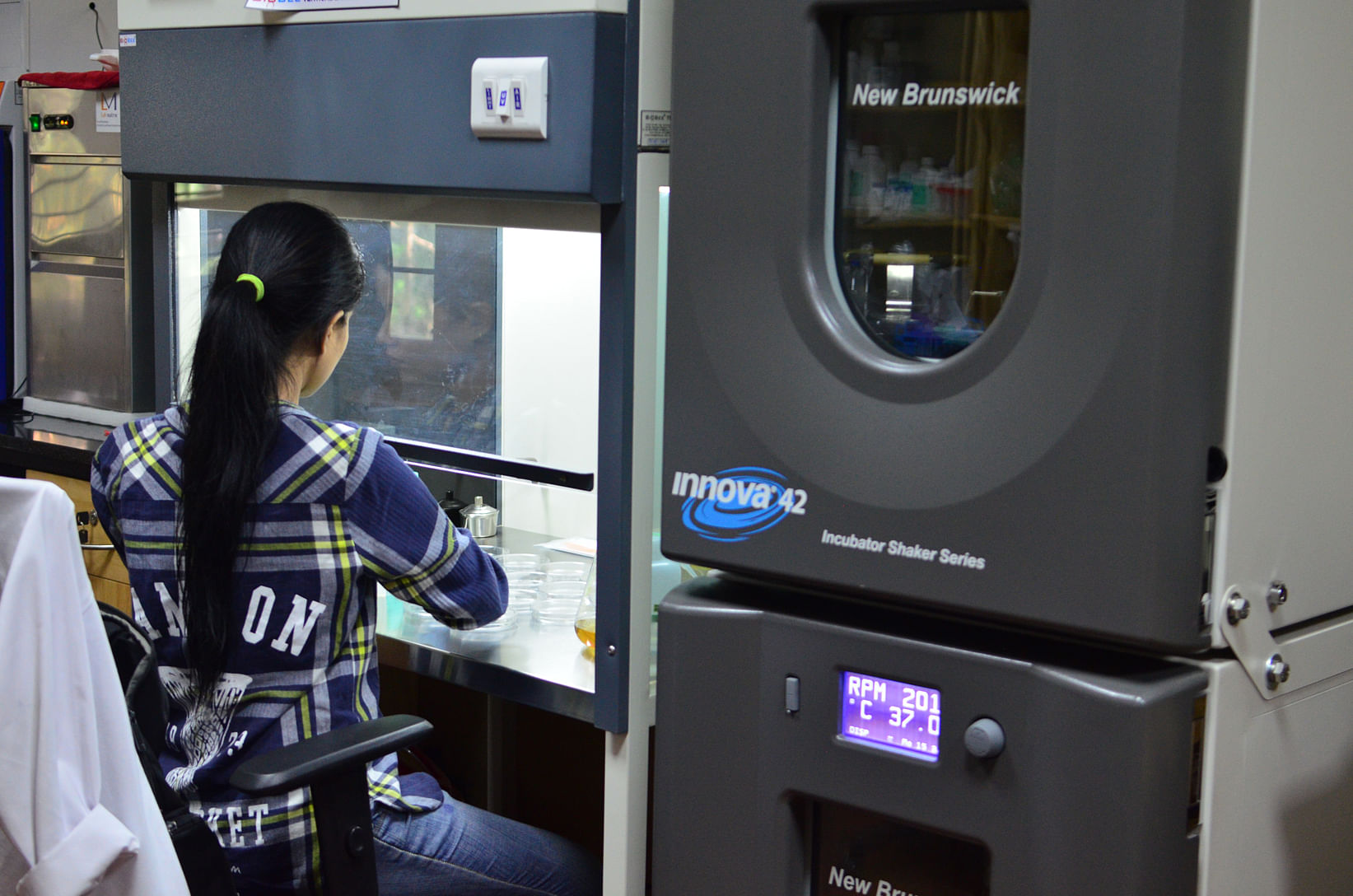
Deep tech innovation hubs are currently in wealthier economies such as the UK, Israel, China, Japan, and South Korea. It is evolving in India, but the pace will be different because the Indian market is different, explained Dr Gopichand Katragadda, president of Institution of Engineering and Technology (IET), a global think tank.
“India lacks no talent, and has opportunities from multiple standpoints like a fast-growing economy and a fairly stable democracy. What we need now is continued and increased government investment, and involvement of big companies. Deep tech in India will die otherwise.”
Also read: A genetic testing revolution is on. Indian patients lining up for answers to rare diseases
Fourie and other applications
With Fourie, its founder Saran is hoping not only to translate content to any other language, but also to generate speech mimicry.
Since 22 July, Fourie’s team of five engineers has been working on voice cloning where algorithms can listen to hours and hours of a recorded voice and then generate speech in that voice. Where Fourie stands out is that it can do it with just a few seconds of speech.
We needed access to the state-of-the-art equipment in the aerospace engineering department, which is hard to come by as a startup. Second, we needed to be in a reputed incubator to avail various government schemes and funding programmes—Apurwa Masook, founder-CEO of SpaceFields.
That’s because their algorithms are trained on phonemes instead of full sentences, explained Saran. Phonemes are the distinct sounds made during every syllable of speech.
“If you give me three to five seconds of your voice, we use spectrogram matching, and can turn your words into a different language, as each phoneme is uttered at a frequency,” he said, with a satisfied smile.
Fourie runs on over 40 languages, including Hindi, Tamil, Telugu, and foreign languages like French, Italian, and more. It has been incubated at FSID since May 2023, with the objective of making English content accessible to non-English-speaking Indians. Today, it can pick English text from a background poster in a movie frame, translate it to English, and generate an image to replace the background with.
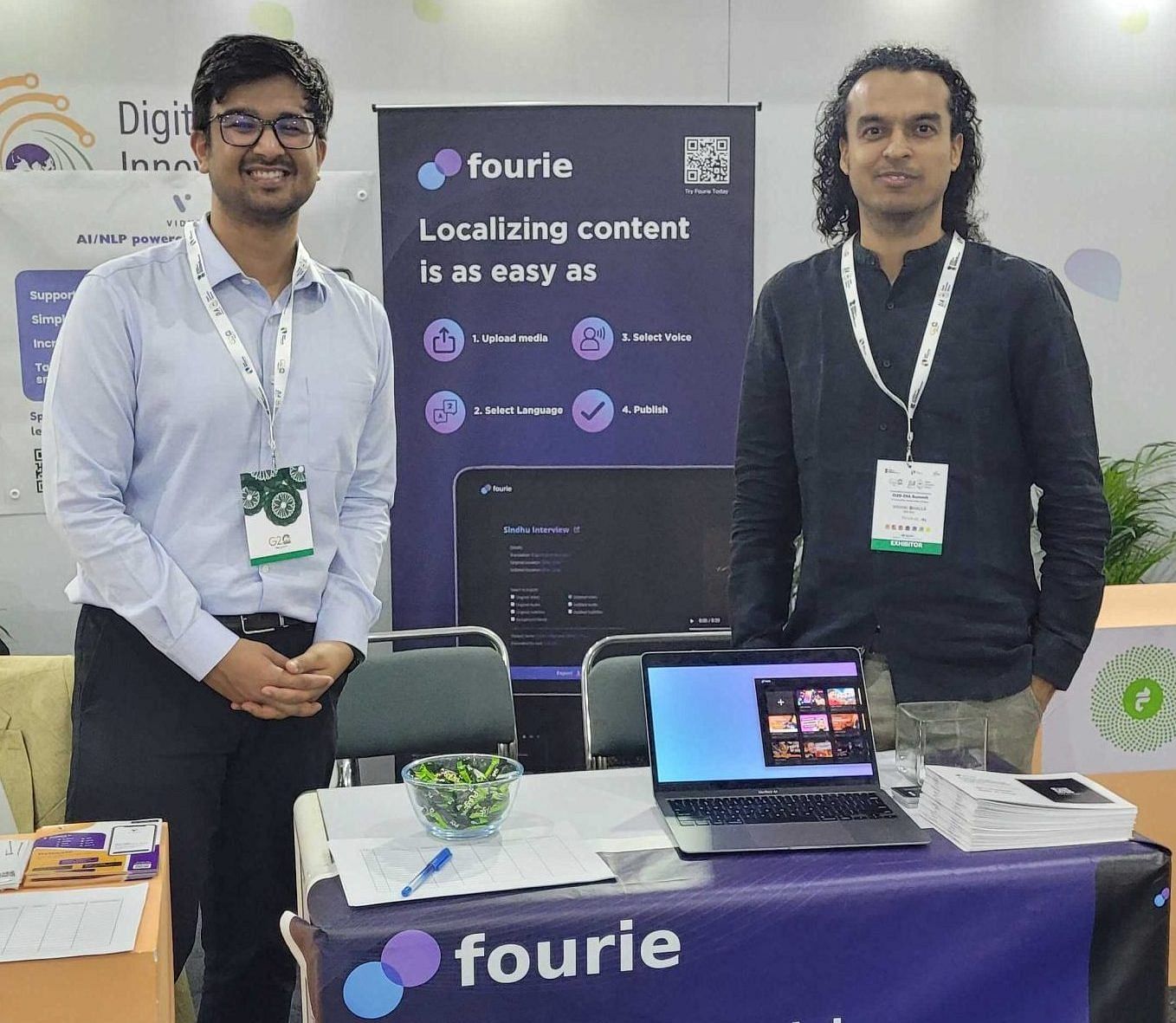
Saran doesn’t dismiss the obvious ethical ramifications of his product.
“I always say that tech like this is merely assistive technology and is not meant to replace a human’s job,” he said, adding that his product will be available for the education sector soon.
Engineers are also working on a way to embed their signature into any generated content so that online filters can flag them immediately. Models are trained only on openly available data, and users are also not allowed to use copyrighted or private material for their personal purposes, such as a YouTube video.
To enable all of this, Saran works with professors and researchers at IISc, utilising the institute’s numerous audio labs.
Also read: Sriharikota, we have a problem. The ground is eroding
Getting into the nitty gritty
If Saran wants to conquer edtech, then Apurwa Masook is hoping to ride the new wave of interest in space exploration. For now, though, he spends a lot of his time in the barren field at IISc’s second campus in Chitradurga. It’s where he goes when he wants to test his company, SpaceFields’ latest iteration of solid-fuel propulsion engines. While liquid fuel is much more popular for launch vehicles, solid propellant is more affordable and apt for smaller student satellites that go on sounding rockets — of which there are increasingly more and more. These students and startups still rely on ISRO for their flights.
“We needed access to the state-of-the-art equipment in the aerospace engineering department, which is hard to come by as a startup. Second, we needed to be in a reputed incubator to avail various government schemes and funding programmes,” explained Masook, founder-CEO of SpaceFields.
The incubation at FSID has worked well in terms of both financing and access to specialised labs. SpaceFields has continuous access to various development and test facilities in IISc labs. And in two years, they have received grants from government initiatives like Startup India, the DST, and the state governments of Karnataka and Odisha.
There are only five or six companies globally that are working on gas turbine technology. Drones and UAVs need gas turbines, and we do it at a fraction of the cost for a critical bit of technology, whether military or civil—Rohit Chouhan, co-founder and CEO of Nabhdrishti Aerospace
Additionally, they were also able to utilise a ‘smart factory’, which hosts easy and effective manufacturing and fabrication facilities in the same place’, within the incubator.
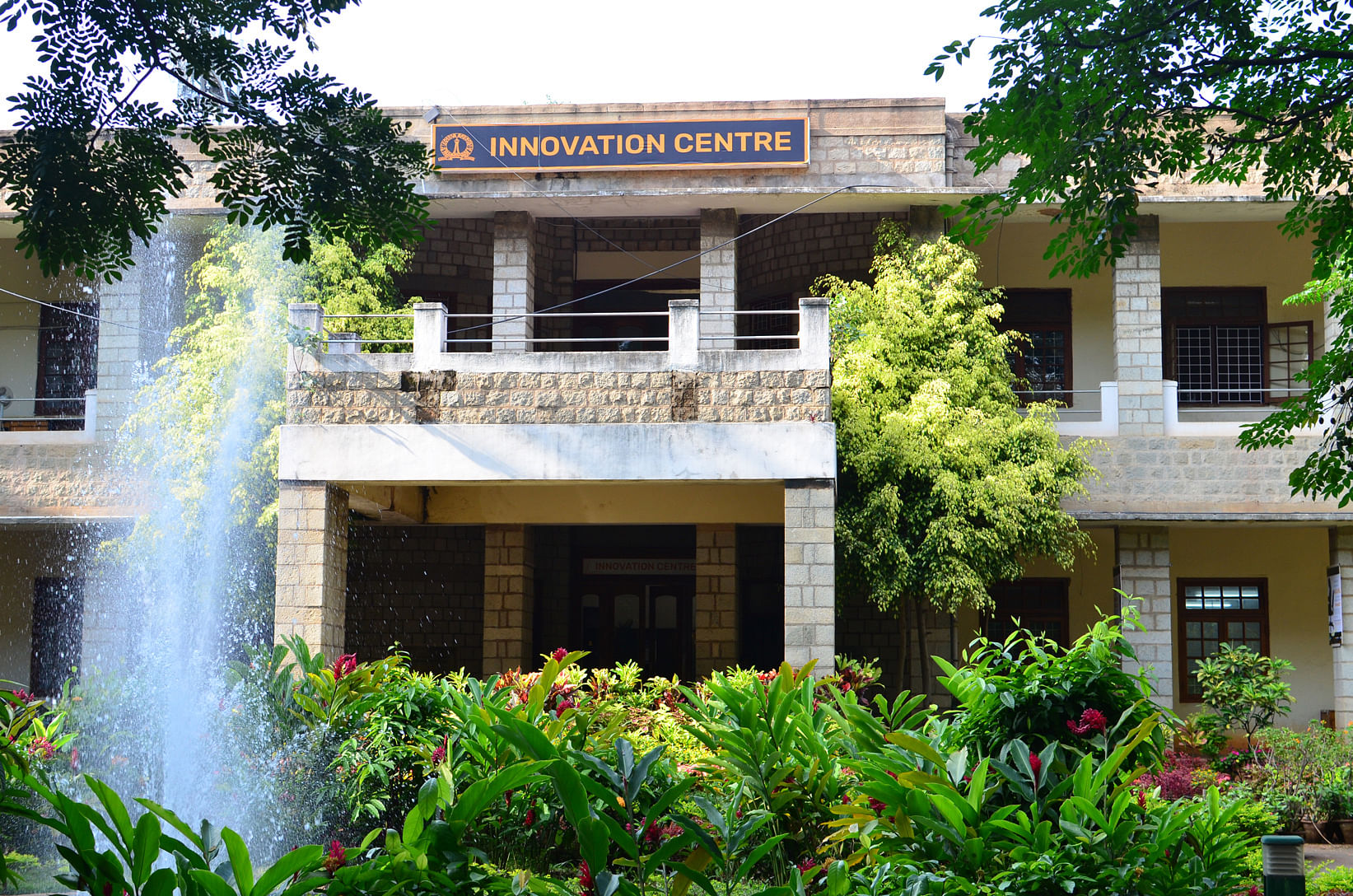
To test fire rocket engines in the field, which produce very strong noise, vibrations, and smoke, SpaceFields needed access to an open and empty area — which they got at IISc’s larger, sprawling campus at Chitradurga.
Masook started building tiny rockets and satellites as an undergraduate engineer at VSSUT Burla, Odisha to survey the Hirakud dam, the world’s largest dam that was in their backyard. Now, he builds cutting-edge propulsion systems for rockets, which can also use solid propellant. SpaceFields is the first non-legacy startup to have demonstrated end-to-end solid rocket motor production capability.
“We have development orders from two defence customers right now, and we are in the process of contracting with private defence manufacturers,” said Masook.
Space promises to be the next big frontier for industries and startups, with launch costs falling every year. Though India has yet to catch up with mature space markets like the US, exciting progress is underway. The country will send astronauts into space next year under the Gaganyaan mission. Moreover, the last five years have seen a sudden, rapid growth in private space startups, expedited by ISRO granting access to its facilities and technology. In turn, ISRO has been pushing to enhance its own capabilities to assist these companies—PM Modi inaugurated three new facilities worth Rs 1,800 crore on 27 February. These centres will help companies turn over products faster, including testing facilities for engines and other satellite components.
Nabhdrishti Aerospace, also incubated at FSID, is innovating the design of the gas turbine. Micro gas turbines have been used to power small helicopters, explained co-founder and CEO Rohit Chouhan, who recognises the potential of air taxis, the burgeoning of drones, and the future of common air transportation.
“There are only five or six companies globally that are working on gas turbine technology,” said Chouhan. “Drones and UAVs need gas turbines, and we do it at a fraction of the cost for a critical bit of technology, whether military or civil.”
By the end of 2025, Nabhdrishti Aerospace aims to have a ready prototype that will be able to work with liquid fuel like jet fuel and biofuel, gaseous fuel like LPG and CNG, and, in the future, green hydrogen.
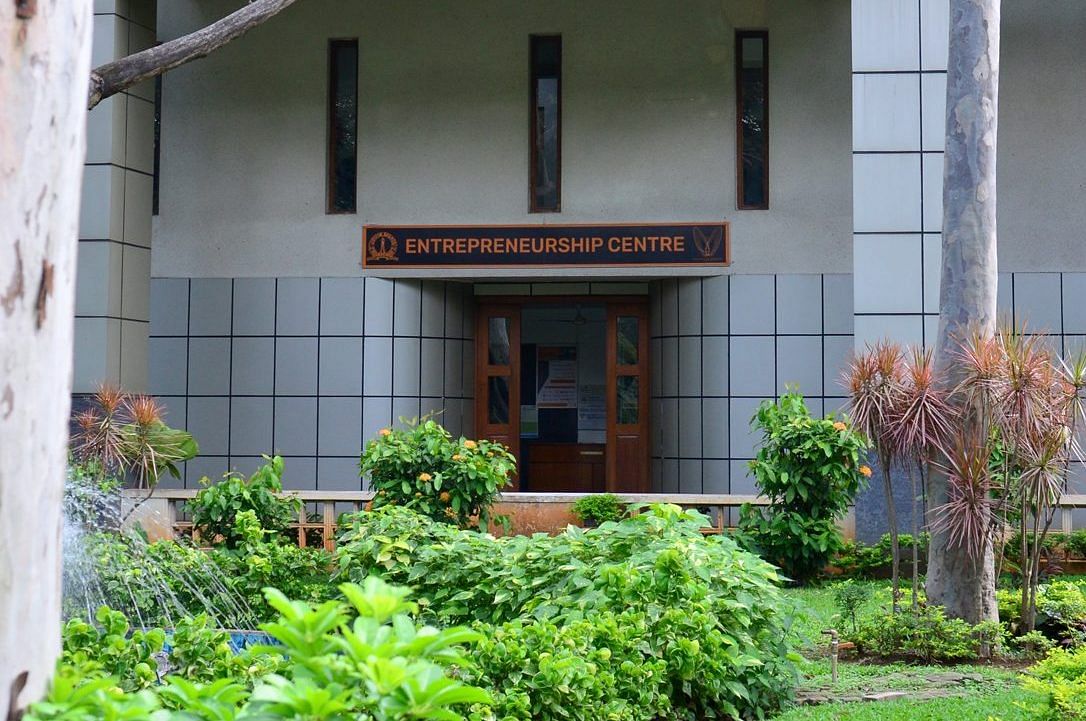
Nabhdrishti also has its sights set on any areas where gas turbines could be optimised, including the defence and oil sectors.
“Our immediate application would be in the oil and gas sector, which is our primary target. We have also started conversations with some civil aviation companies as well as UAVs and drone makers, which has grown alongside tourism. Along with IISc, we are also working with the Ministry of Defence on gas turbine projects,” said Nabhdrishti’s COO and co-founder Arjun Srivastava.
What is deep tech?
Deep technology, sometimes also called deep science, refers primarily to innovation in technology that has commercial value, and is hence inherently tied to the market. In short, it entails meaningful applications of existing technology.
“Academic work advances science, which makes its way to technology, which then creates a product. If the technology has not yet made its way into a product on the market, it is not yet deep tech the way we look at it,” explains Katragadda.
Deep tech is also defined by intellectual property filed by startups, and multiple patents for technological applications that are tied to each other. Meaningful R&D involves an ecosystem of interconnected universities, companies, and heavy investments, which India does not yet have.
But that’s where IISc and a handful of other institutes like IIT-Madras and IIT-Bombay step in. They have their own deep-tech incubators, with the desired and required expertise. Professors and industry experts screen applications from startups here, first for their feasibility and market potential, then for their social value. When a subsequent wide range of professionals, including venture capitalists and researchers, concur during evaluation, FSID incubates the company.
The companies then work with research teams and professors, and use IISc equipment and facilities, while providing regular progress reports and periodic product demonstrations.
Innovation and design of new products is central to their work, and tied to intellectual property (IP).
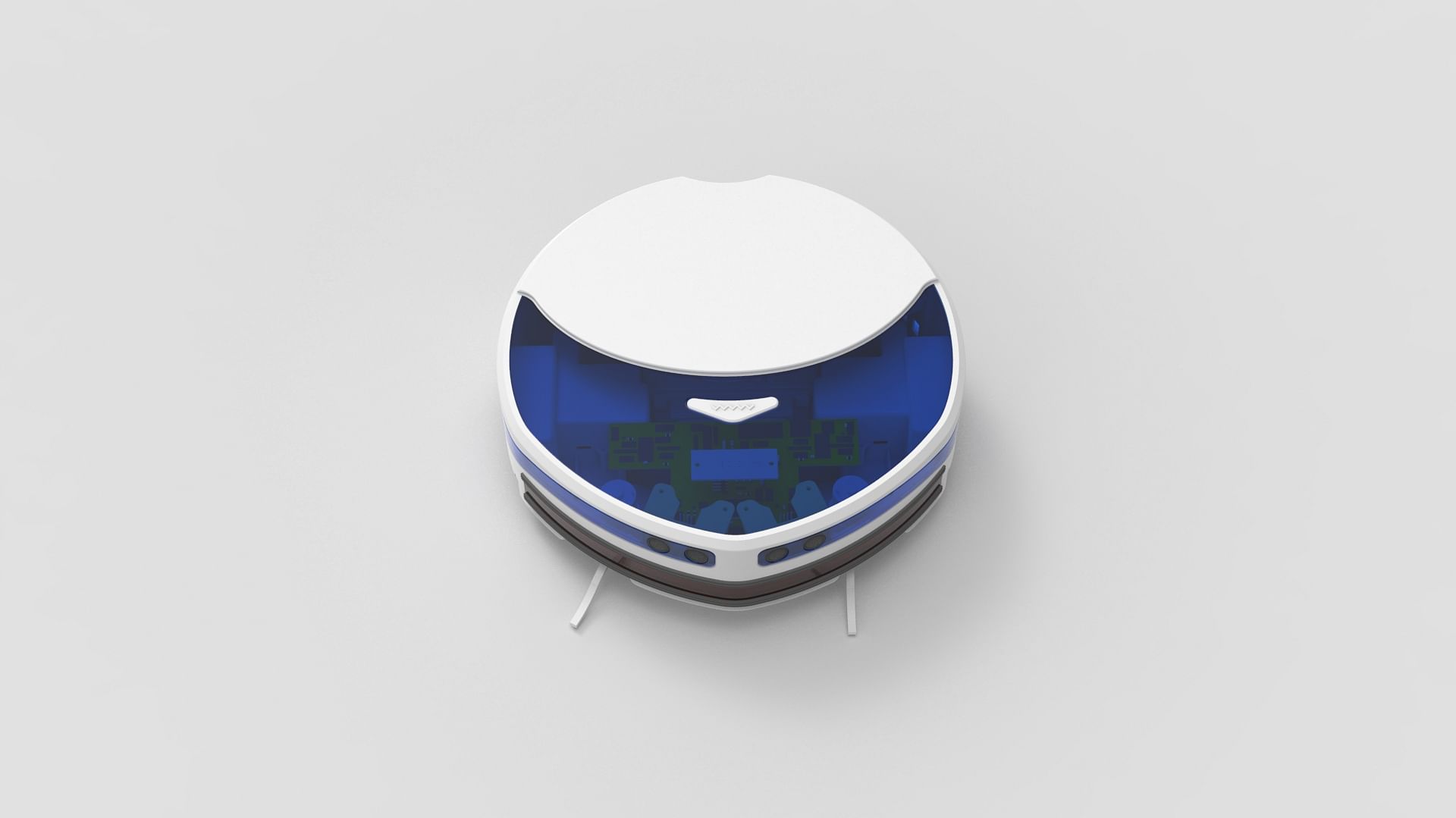
“IP is an important part of deep tech, and these startups will be generating global-first intellectual property in clusters of related technology,” said Katragadda. “This IP in turn has to be of significant value to the market because of its use.”
Patent generation is typically the result of close work from both the companies as well as the researchers from the institute, who perform and aid with the primary research. CS Murali, FSID chairperson, explained that for most companies, professors and faculty end up becoming mentors who stick with them through their product journey.
Also read: Gulab jamun to ISRO SSLV—space evangelist Srimathy Kesan building satellites with teen girls
Future of deep tech
FSID has seen the launch of quite a few successful companies, which plan to thrive in an increasingly interdisciplinary world, such as Digantara, Astrome, Bellatrix Aerospace, Azooka Life Sciences, Mynvax, Agnit Semiconductors, Theranautilus, and more.
“Nearly 80 per cent of students at IISc are currently pursuing their PhD or MS research. So not only do we look at feasibility of ideas and whether they provide value, but also whether IISc could make an intellectual contribution,” said Murali. “Although we are domain agnostic, in most cases, professors end up becoming technical mentors.”
With deep tech, incubators like FSID are seeking out needs in society to fulfil, while making technology accessible. Murali explains how other companies include those that help with precision agriculture (precise spraying of pesticides to avoid damage, precise seeding etc), dissolvable plastic, smart biotech devices that reduce medical learning curve, portable healthcare devices for rural regions, and more. The companies don’t necessarily work out of the FSID campus — some have their own offices, and some don’t have any at all.
Gopichand is concerned about the lack of a supportive ecosystem, and the challenges that accompany incubating deep tech startups. He necessitates the participation of larger companies in the industry that are capable of investing billions into a research project, as well as universities. He also stresses on the need to develop a well-rounded and transparent ecosystem with respect to aspects like funding allocation.
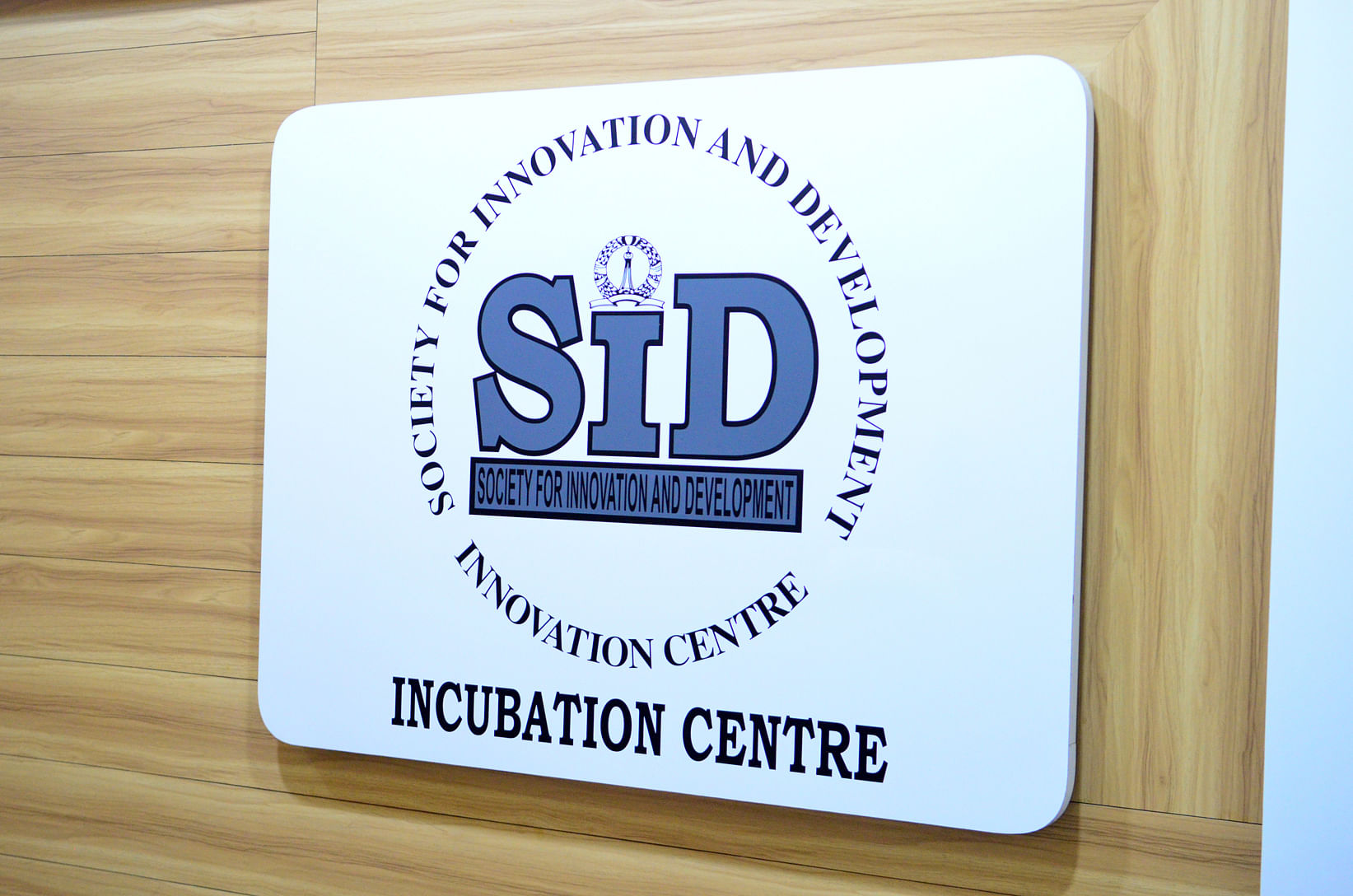
“Unlike valuation, value is inherent to the company,” said Murali. “A company obtains commercial value as soon as it creates social value.”
But the screening and evaluation is no guarantee that a very specific deep tech product will still have value when it’s ready, he pointed out. In this evolve or die world of startups, there’s always an undercurrent of tension against the shifting tides of change. The reality is that in three to four years, the market may have shifted.
“A competing technology might have come up, regulations might put a wrench in the whole mechanism, and products have to be tested against the realities of that market,” said Gopichand.
“Incubators need to take that risk, investors need to continue investing.”
(Edited by Prashant)


